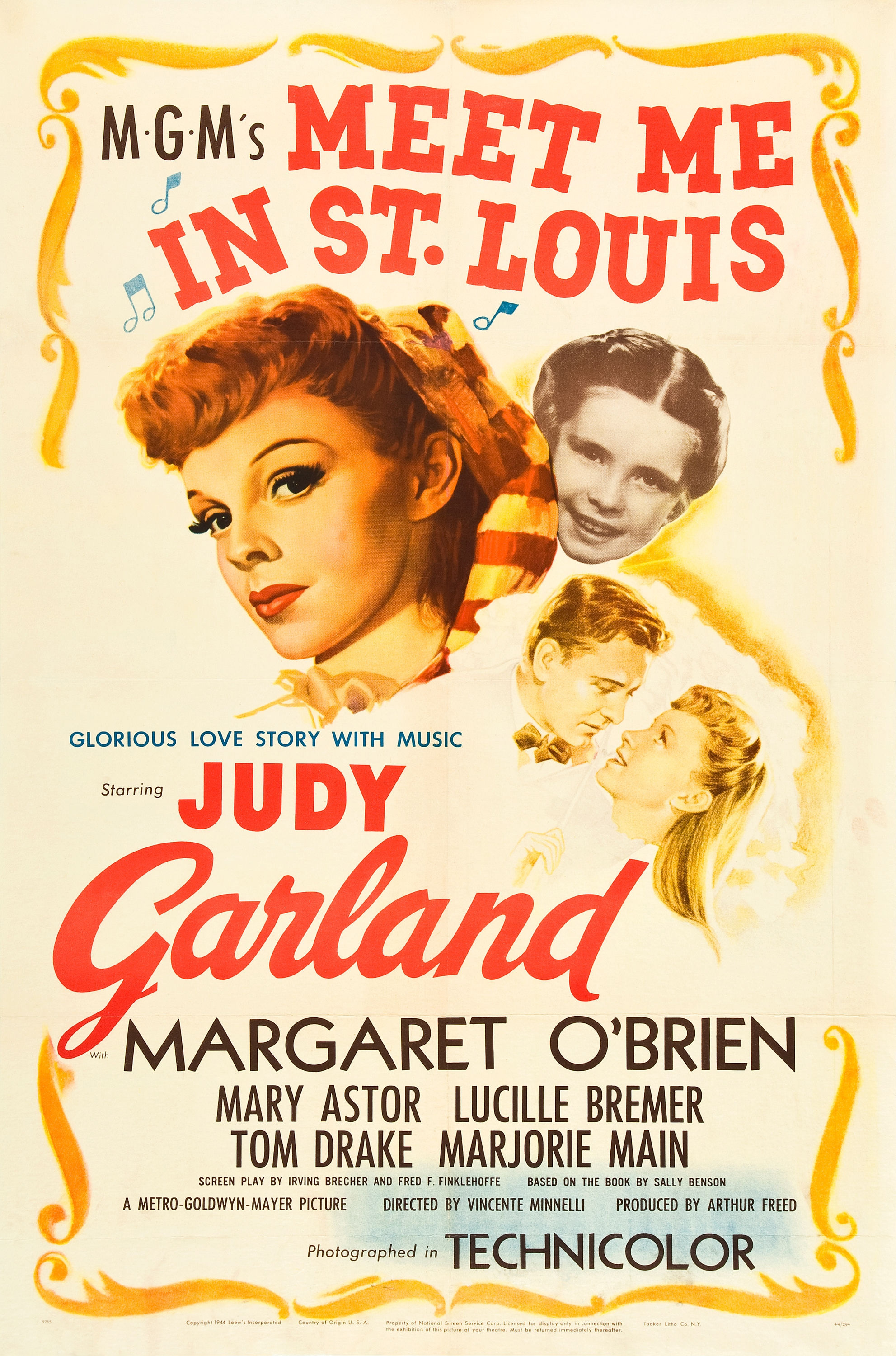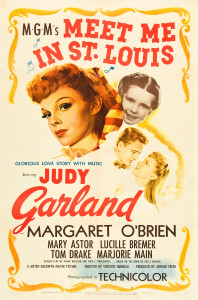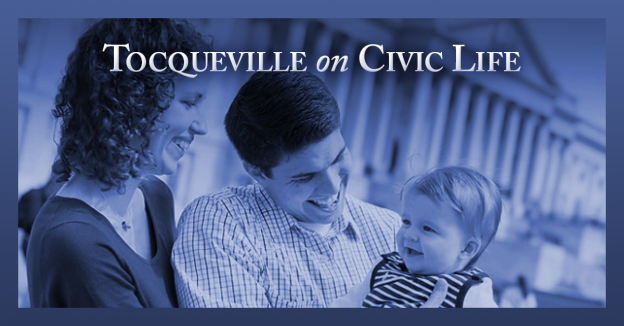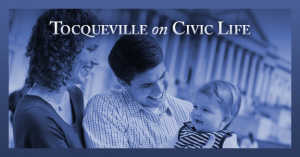
If you ask New York Times columnist David Brooks what he thinks is the defining issue of our day, he would say social isolation. In one of his columns, he writes that “gaps have opened up among partisan tribes, economic classes and races. There has been a loss of social capital, especially for communities down the income scale. ” Brooks is thus pointing to the same negative phenomenon noted by Luvin in his new book The Fractured Republic (read my review of that book here).
To illustrate this problem, Brooks references Lost Hills, a farming town, writing that “there’s still no permanent church. Up until now there has been no library and no polling station. The closest police station is 45 miles away. Until recently there were no sidewalks nor many streetlights, so it was too dangerous to go trick-or-treating.” Fortunately, Lost Hills is the location for a new experiment in developing the social capital of the community. Brooks writes:
The experiment is being led by Lynda Resnick, who, with her husband, Stewart, owns the Wonderful Company, which includes FIJI Water, POM juice and most of the pistachios and almonds you eat. You should know that I’m friends with Lynda and Stewart and am biased in their direction. But what they are doing is still worth learning from.
…They’re not trying to find one way to serve this population. The problems are so intertwined, they are trying to change this community from all directions at once. In Lost Hills there are new health centers, new pre-K facilities, new housing projects, new gardens, new sidewalks and lights, a new community center and a new soccer field. Through the day, people have more places to meet, play and cooperate with their neighbors.
Brooks concludes by noting that communities are where social repair takes place. “The community is the right level, picking a piece of land and giving people a context in which they can do neighborly things — like the dads here who came to the pre-K center and spent six hours building a shed, and with it, invisibly, a wider circle of care for their children.” – Read the whole thing here.
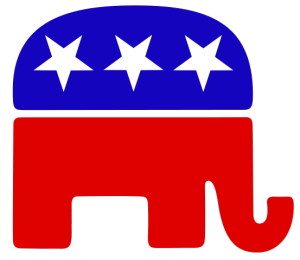
 This Friday, September 25, I will be speaking online for the
This Friday, September 25, I will be speaking online for the 